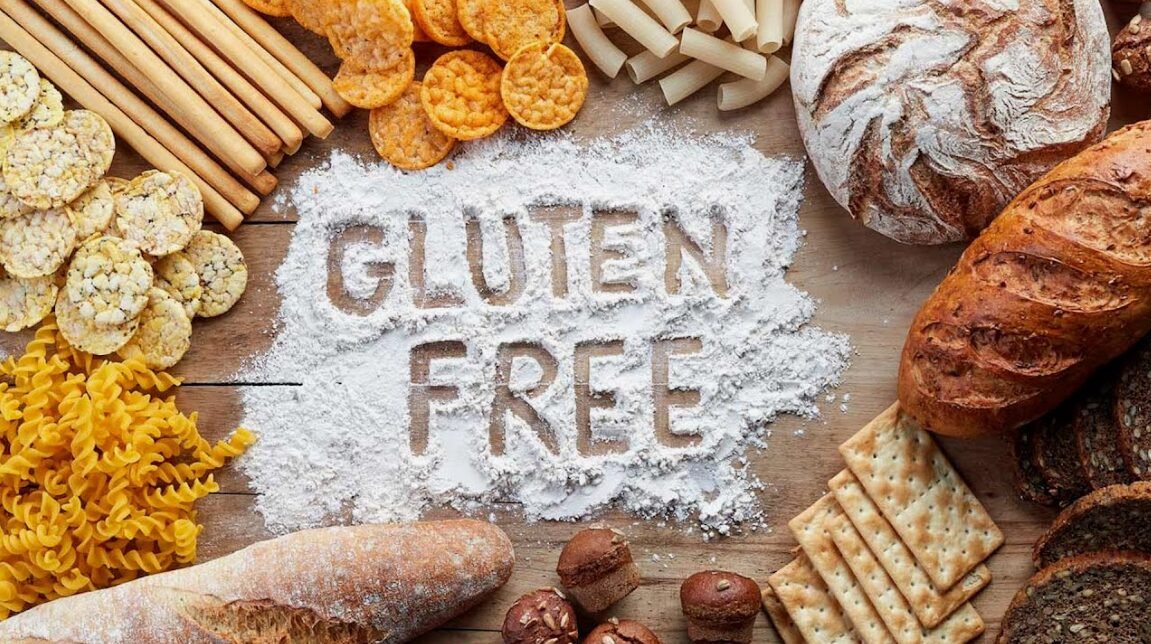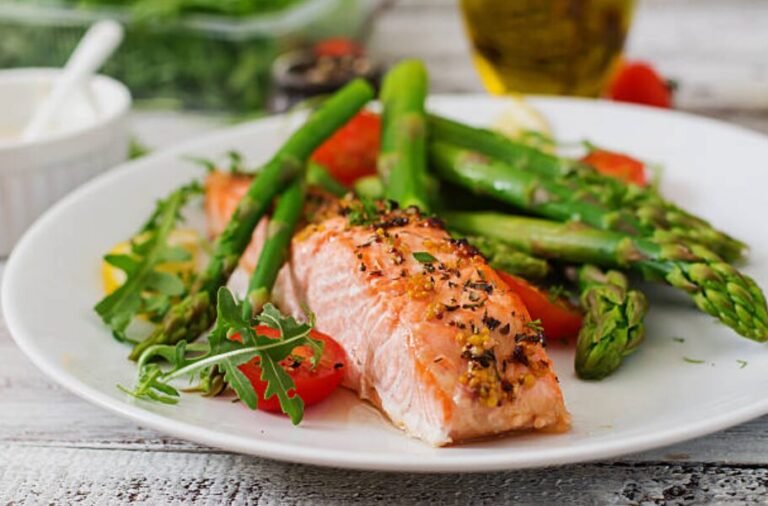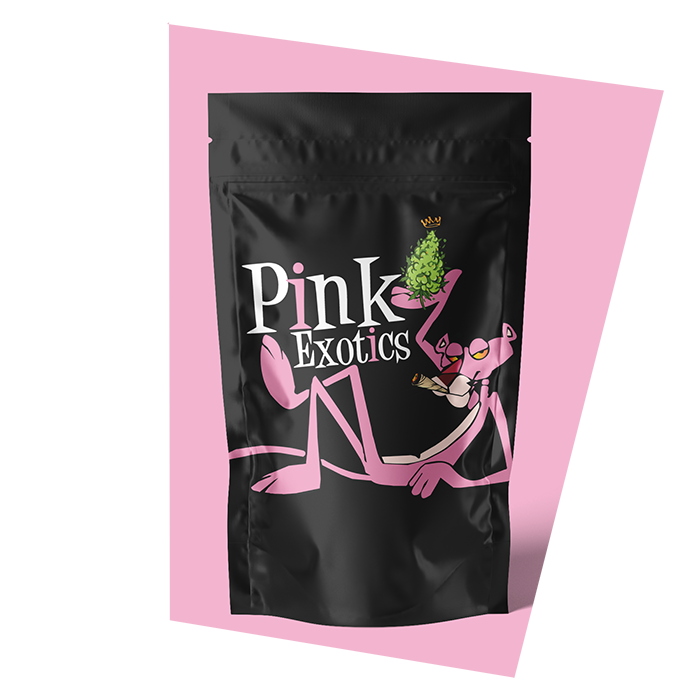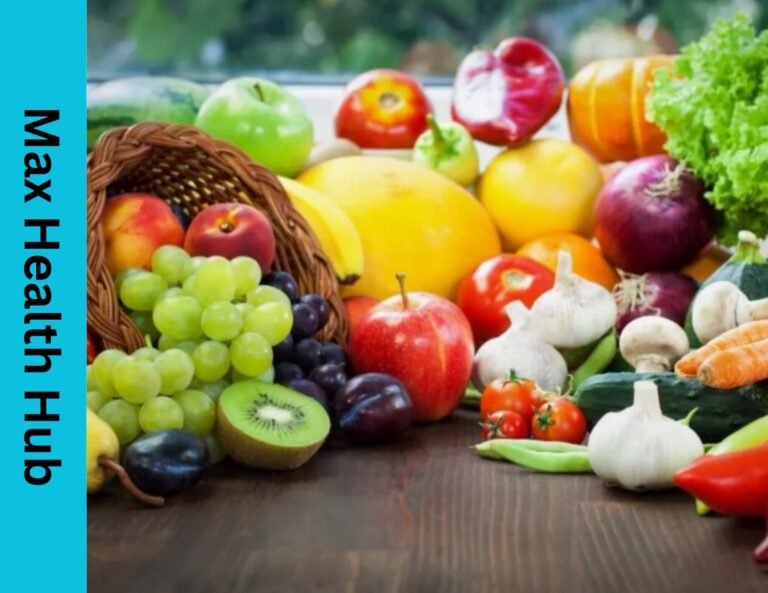Pregnancy Gluten-Free Diet: Ultimate Guideline
Recently, there has been an alarming increase in miscarriage during pregnancy and related complications, and its main contributor is an unplanned and imbalanced diet. Celiac disease is common among female populations, and when these pregnant women consume gluten while expecting, complications arise that result in miscarriage or preterm labor. We will cover the maximum number of food items containing gluten as well as what constitutes a pregnancy gluten-free diet.
What Is Gluten?
Gluten is a protein found in grains like wheat, rye and barley and it plays an essential role in helping dough rise and baked goods retain shape. It is frequently hidden disguised in prepared food items like sauce soups as well as gluten based snacks like pretzels and corn chips containing these grains.
Doctor Recommendations to Pregnant Women
- Diet planners and doctors advise women to eat healthy foods during pregnancy. It is beneficial for both the mother and unborn child. Here are some common suggestions for foods to eat when pregnant in the first trimester:
- Folic acid supplements or food sources like leafy greens, beans and cereals with fortification is essential in order to prevent neural tube defects during gestation, according to research.
- Lean meat, spinach, and lentil sources can increase blood volume while warding off anemia.
- Calcium & Vitamin D can both help support bone health. The sources include low-fat dairy products, fortified plant milks and leafy greens.
- Protein sources that could benefit fetal development include lean meats, beans, eggs, and nuts.
- Omega-3 Fatty Acids: Essential to brain development, these can be found in salmon (though mercury levels should be considered). Women who have celiac disease or gluten sensitivity should opt for glutenfree products; additionally limiting alcohol consumption and caffeine intake as well as staying away from unpasteurized items is strongly encouraged.
Is the Diet Plan Same for Pregnant Women with Celiac Disease?
No, women with celiac disease should avoid items containing gluten, even in small amounts, as it can lead to severe complications in giving birth to a child. So, a proper consultation is required by a professional to ensure everything goes smoothly during the pregnancy period.
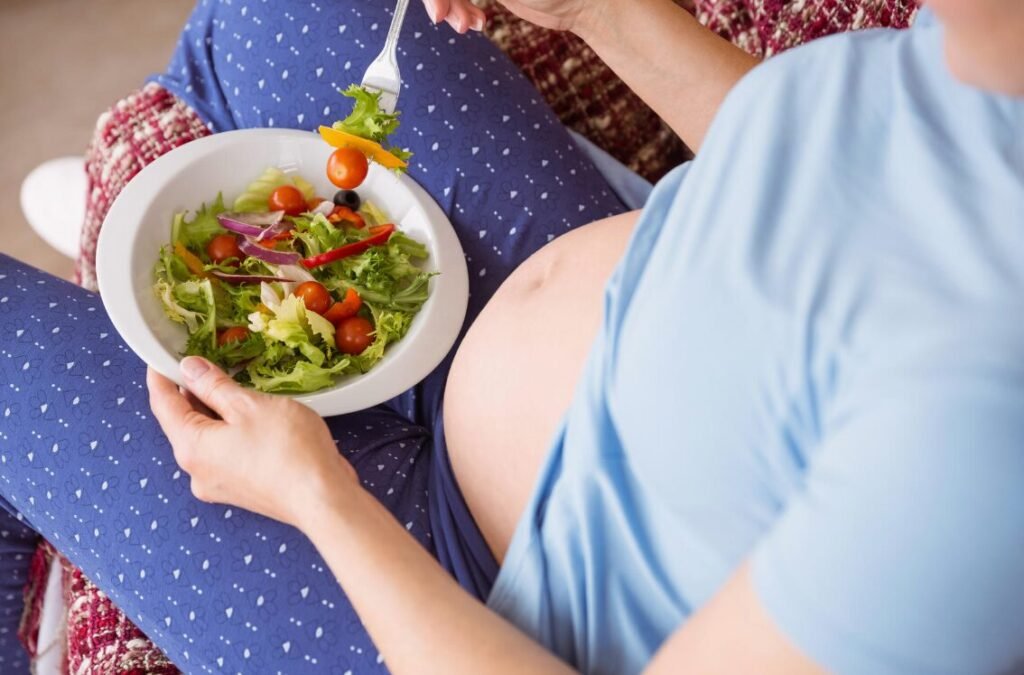
Consequences of unplanned gluten consumption for celiac disease
- Celiac patients must be wary when it comes to unintentionally eating gluten, even small amounts, without planning; doing so could have serious repercussions, particularly during gestation. Key consequences could include:
- Females exposed to gluten are at an increased risk for intestinal villi damage due to gluten-containing foods. Villi serve an essential function in absorbing nutrients into the body, so disruption of this function could result in malnutrition.
- Lack of folic acid, calcium, and iron leads to many ailments over time, such as anemia, osteoporosis, and neural tube defects in children.
- Celiac disease patients, when eating gluten-containing food – specifically pregnant women – experience symptoms that include bloating, diarrhea, abdominal pain, and vomiting. As a result of this health issue during labor causes further complications and adds further discomfort during delivery.
- During gestation (a stage of the baby’s birth process), if a woman intakes food containing gluten, it can lead to serious issues like preterm birth or miscarriage. This is due to an imbalance of diet and inflammation caused by gluten, as the woman was facing celiac disease.
Some important Gluten-free Diets beneficial for Pregnant Ladies
Pregnant Ladies who are on gluten-free diets could benefit from including natural, gluten-free grains like rice as part of their dietary routine due to its versatility and numerous nutrients it offers. Rice offers plenty of these nutritional advantages:
Fresh Fruits and Vegetables
You can fulfill the required amount of vitamins and minerals in a woman’s body during gestation with the help of vegetables. Green leafy vegetables help optimize fetal development. These vegetables include spinach, kale, and broccoli.
Root vegetables and squashes
These are excellent sources of beta-carotene and vitamin A, essential for eye and skin development in fetuses.
Lean Proteins
Pregnant women need adequate amounts of lean proteins during gestation for both tissue development and repair, as well as for safety during gestation. Safe, gluten-free sources include poultry such as chicken and turkey as they provide excellent sources of low-fat proteins.
Fish
To maximize fetal brain development, choose low-mercury fish such as salmon, which contains omega-3 fatty acids.
Eggs
They provide versatile protein options packed with essential vitamins and nutrients. Beans, lentils and tofu provide plant-based proteins rich in fiber and iron content for an array of nutritional benefits.
Calcium
Calcium is essential for bone development during gestation. Safe dairy alternatives that contain calcium include milk, yogurt, and cheese – though naturally gluten-free varieties should remain free from processed or flavored versions containing gluten.
Fortified plant-based milk
Almond, soy, and coconut milk make delicious alternatives that can often come enriched with calcium and vitamin D fortification.
Healthy Fats
Essential fatty acids are vital components of brain development for infants. There are numerous gluten-free sources of healthy dietary fats including avocados.
Nuts and seeds
Packed with omega-3 fatty acids found in flaxseeds and chia seeds, they provide your child with essential nourishment for brain development.
Olive and coconut oils
These oils are excellent choices when searching for gluten-free cooking oils, while certified gluten-free snacks like rice cakes, gluten-free granola bars (GFGB), plain nuts & seeds, etc, are available to purchase as certified gluten-free items.
What Food Should Women With Celiac Disease Avoid During Pregnancy?
Here are some foods to avoid during pregnancy for women who have celiac disease:
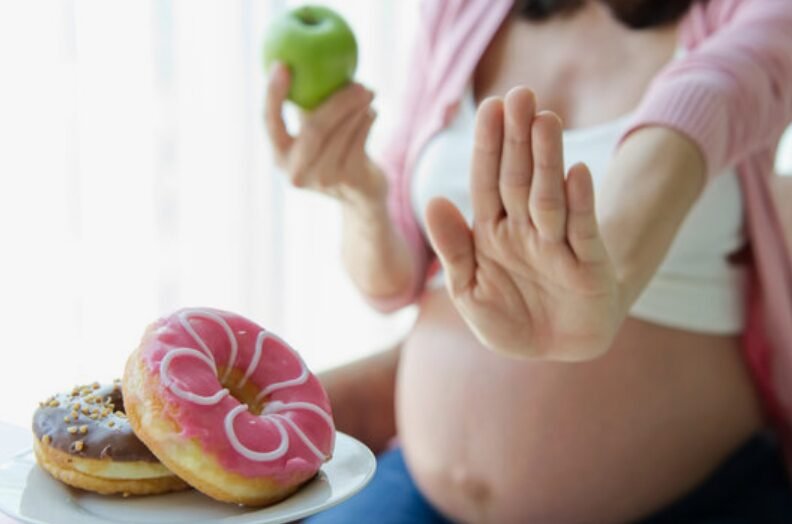
Gluten-Containing Foods
Wheat Products
Bread, pasta, cereal, and baked goods that contain wheat flour.
Barley and Rye products which are commonly found in beers, and malt products should also be avoided by pregnant ladies.
Oats contain a significant amount of gluten. There might be a special case if it is prepared gluten-free. So, it is important to verify the label.
Food Processed
Processed items are also the food to avoid when pregnant. So, be cautious when purchasing processed food items that contain hidden sources of gluten, such as sauces and gravies that use wheat thickeners as thickening agents.
Companies might add gluten as filler in pre-packaged foods like crackers, cookies and chips. So, read out the labels carefully to ensure that they claimed to be gluten-free.
Cross-contamination
Cross-contamination occurs when a non-gluten item is exposed to components of a product containing gluten. You can prevent it by using separate cutting boards and toasters explicitly designed for gluten-free cooking.
Supplements and Prenatal Vitamin
Since celiac disease can hinder the absorption of essential nutrients, pregnant women with celiac should take gluten-free prenatal vitamins and supplements during their pregnancies for maximum benefit. Some key supplements could include:
Folic acid and iron are essential in early pregnancy to avoid neural tube defects and increase blood volume, respectively. Calcium and Vitamin D also promote bone health while aiding fetal development.
Vitamin B12 is essential to maintaining energy and nervous system health. It can become deficient when an individual suffers from celiac disease.
Conclusion
Celiac pregnant women should adhere to a gluten-free diet during their gestation to protect themselves and the unborn baby from various consequences. Women searching for gluten-free food options such as fruits, vegetables, lean proteins, and safe grains could benefit from choosing naturally gluten-free options that offer essential nutrition without risking gluten-related issues.
Pregnancy presents unique challenges when it comes to gluten, so understanding its significance and selecting gluten-free products are of vital importance. Compliance with nutritional guidelines to minimize malnutrition risks, gestational complications, and gastrointestinal symptoms during gestation can greatly enhance gestational health and ensure an enjoyable gestation experience. Consulting healthcare providers or nutritionists is also key when devising an optimal and balanced nutritional approach during this crucial time period.

